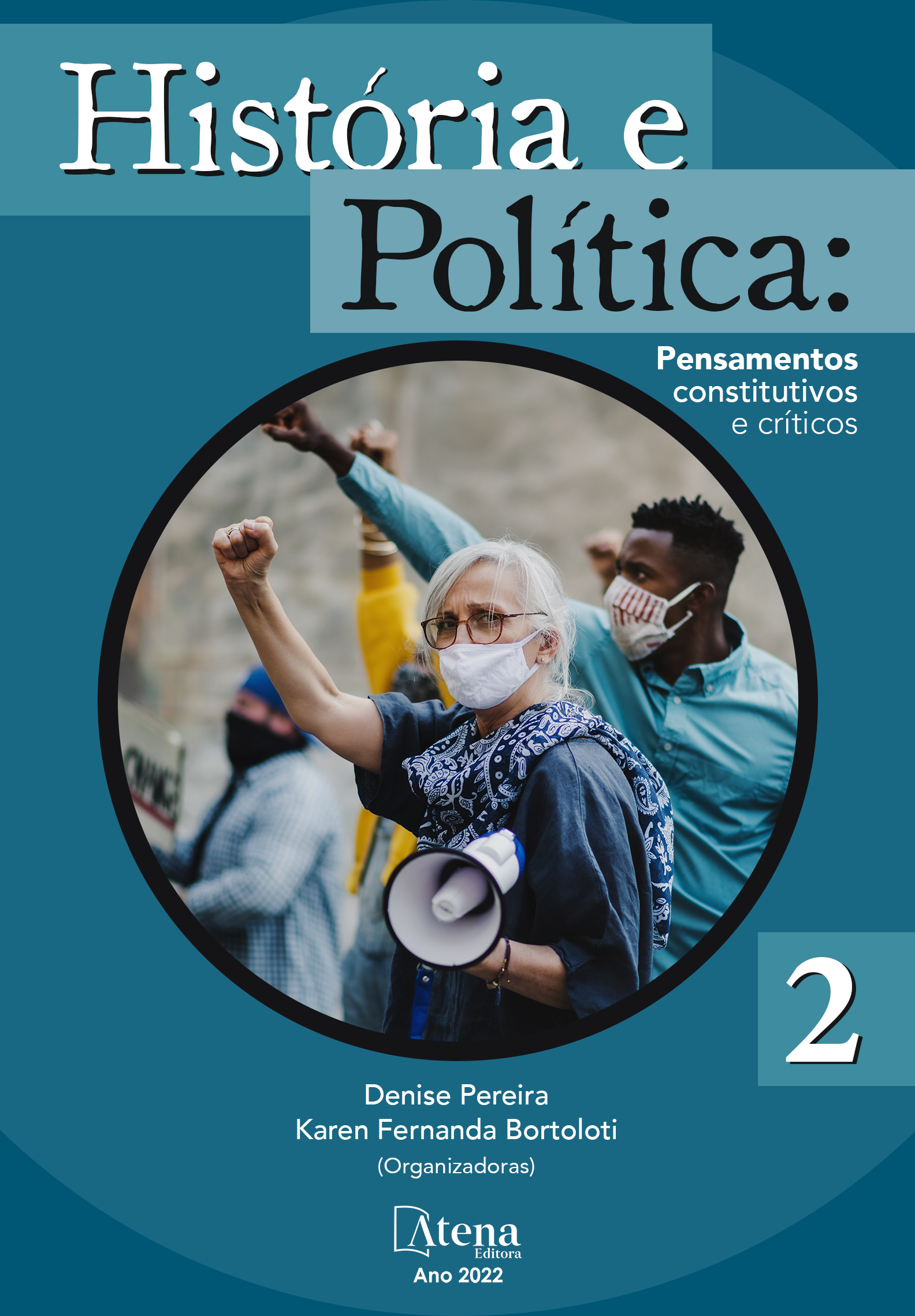
Confissões da Madonna: A história de uma Vênus feita arte em Willendorf
A revisão de algumas das mais influentes obras no âmbito da História da Arte revela um dado interessante: não há consenso quanto ao significado do que, de fato, seria a arte. Caberia questionar como é que, na ausência de objeto, é possível distinguir um corpo historiográfico específico da arte. Entretanto, o interesse que move esta reflexão visa um pouco além, pois procura especular em torno da seguinte hipótese: A inconsistência epistemológica da História da Arte não decorre da ambiguidade conceitual do objeto-arte, mas da própria tentativa de fazer da arte um campo de estudo distinto é independente da complexidade fenomênica da vida humana em correlação com o meio. Destarte, com apoio na pesquisa bibliográfica e documental, propõe-se uma interpretação diferenciada da Vênus de Willendorf, a fim de evidenciar que, apesar da grande recorrência dessa obra nos livros de História da Arte, em inúmeros aspectos ela extravasa as tentativas de definição epistemológica; por outro lado, sua interpretação comparativa evidencia a complexidade articulatória de uma forma de existência menos unilateralmente racionalista e, portanto, muito mais tendente à interação com o meio.
Confissões da Madonna: A história de uma Vênus feita arte em Willendorf
-
DOI: 10.22533/at.ed.5202218027
-
Palavras-chave: História da Arte; Racionalismo; Pensamento Mítico; Vênus de Willendorf
-
Keywords: History of Art; Rationalism; Mythical Thought; Venus of Willendorf.
-
Abstract:
The review of some of the most influential works in the field of Art History reveals an interesting fact: there is no consensus as to the meaning of what, in fact, art would be. It would be worth asking how, in the absence of an object, it is possible to distinguish a specific historiographical body of art. However, the interest that drives this reflection goes a little further, as it seeks to speculate around the following hypothesis: The epistemological inconsistency of Art History does not result from the conceptual ambiguity of the object-art, but from the very attempt to make art a field of distinct study is independent of the phenomenal complexity of human life in correlation with the environment. Thus, supported by bibliographical and documental research, a differentiated interpretation of the Willendorf Venus is proposed, in order to show that, despite the great recurrence of this work in Art History books, in many respects it goes beyond attempts at an epistemological definition ; on the other hand, its comparative interpretation highlights the articulatory complexity of a form of existence that is less unilaterally rationalistic and, therefore, much more prone to interaction with the environment.
-
Número de páginas: 15
- Alessandra C. Alcântara
- Carlos Velázquez


